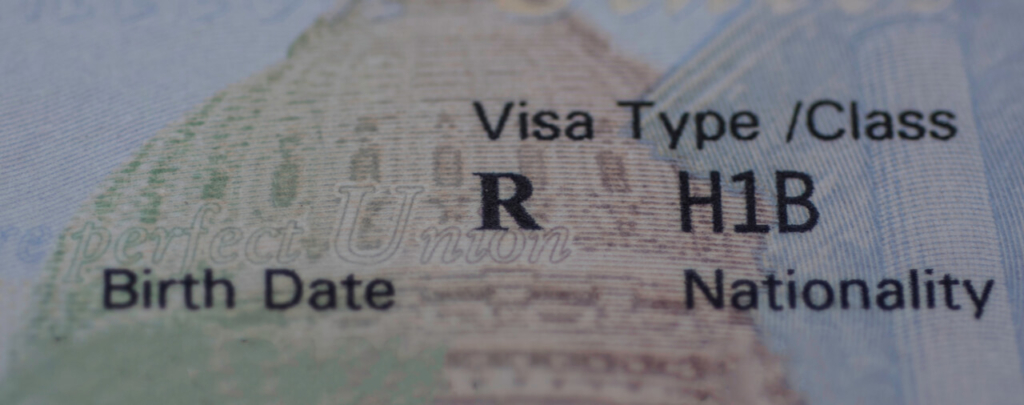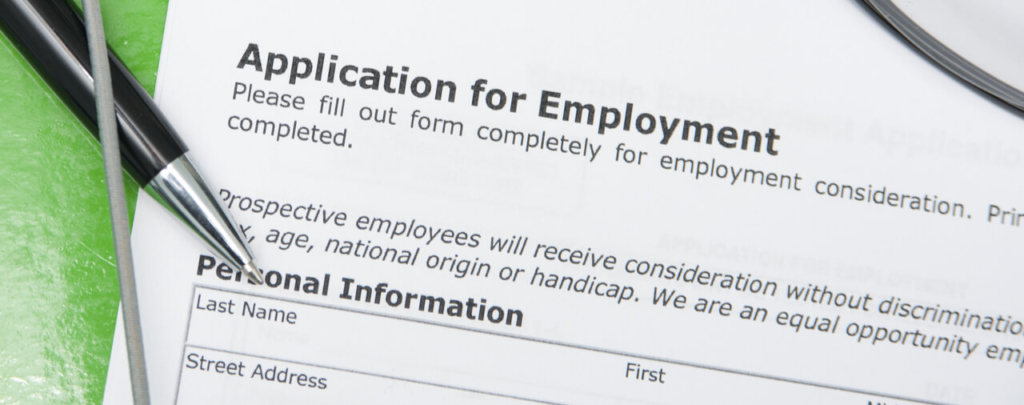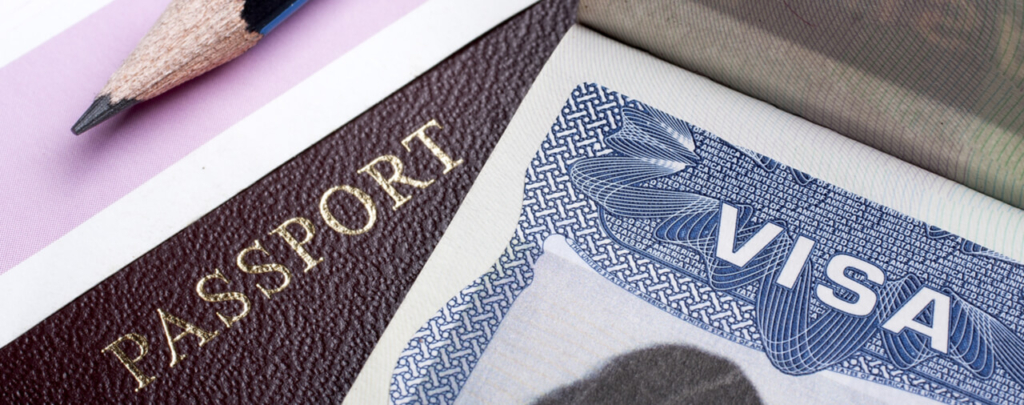
Extending H1B Status Beyond the 6-Year Statutory Limit
H1B Status extension beyond the 6-year statutory limit for workers in the United States – read advice from our expert immigrant lawyers.

H1B Status extension beyond the 6-year statutory limit for workers in the United States – read advice from our expert immigrant lawyers.

We examine the new USCIS memo on the same or similar occupational requirement for I-140 portability. Specifically, we examine how USCIS will rely on SOC codes.

DHS finalized regulations providing for automatic EAD extensions for 180-days from the date of the expired EAD for timely filed renewal applications in certain categories.

This article explains the 10-day grace periods and 60-day nonimmigrant grace period for certain nonimmigrants, with emphasis on the 60-day grace period rules.

The rules for H1B beneficiaries of cap exempt institutions or organizations seeking to work concurrently for a Cap subject employer

Mantena v. Johnson held that the I-140 petition portability provisions in AC21 require notice of the intent to revoke a I-140 petition to the beneficiary and new employer.

27 Whitehall Street, 5th Fl New York, NY. 10004
Attorney Advertising: prior results do not guarantee similar outcomes.

Copyright © 2025 My Attorney USA. All Rights Reserved